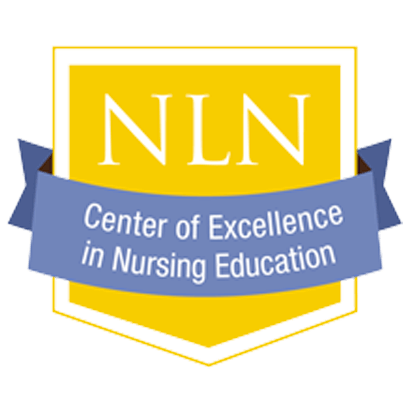MSN
Nursing Leadership
Format & Location
On-Campus (Fairfield, CT)
School/College
Egan School of Nursing & Health Studies
Start Dates
Fall (September), Spring (January), Summer (May)
Application Deadline
Rolling Admission
Completion
36-48 months
Schedule
Part-Time
Attend a Virtual Information Session
Check for Upcoming Dates
Fairfield University's master's degree in nursing leadership is an advanced education nurse generalist degree created in response to an urgent call for better patient outcomes and improved coordination in the delivery of healthcare services.
Find Out More
Course Requirements
Contact Us
Graduate Admission
gradadmis@fairfield.edu
(203) 254-4184
Request Program Info
Want details on courses, schedules, and financial aid? We're here to help.
Loading...




